Back in January of 2020 we wrote a piece on What to Expect in 2030. The piece still holds up, I think. As far as general predictions go, these are not particularly bold, but they are interesting and not widely written about.
But there is one more prediction that we ought to make and then wait 8 years to see how accurately it plays out. Namely that as a consequence of the other predictions in the original 2020 article, namely persistent surveillance, shrinking middle class and global demographic changes, there will be a move by an initially small, but growing group of people to step away from the current culture and form deliberate communities based on traditional practices and social values.
This movement has been ongoing for decades now, but has not been large enough to make any media radar beyond occasional articles in Distributist journals, regular articles in the Society of GK Chesterton’s monthly magazine or mentions in articles about other topics. In a hit piece on Scott Lloyd, Mother Jones mentions several times that the small rural community of Front Royal, Virginia, has been growing due to an influx of Catholics moving to be near each other and Christendom College. While slamming a devout Catholic for genuinely living out his faith even in government service, the author skims over the more interesting story of how the community has attracted Catholics to move from other states and has become a genuine example of a sui generis city on a hill for many faithful.
But Front Royal isn’t an isolated case. The Atlantic ran a long piece in January 2020 about traditionalist Catholics moving into and taking over the town of St Mary’s, Kansas. The overall tone of the piece was less harsh than many on the left might have wished it to be, but eye rolls we common even among faithful Catholics who can envision moving to be around others who wish to worship in a similar manner.
Yet few are the critical articles that ask whether it is good for Austin, Texas, or Couer de Lane, Idaho, to have so many Californians move there. It is a given by the leaders of publishing that liberalizing those cities is an absolute good. There are no articles asking whether any conservative culture should be preserved or how liberalizing those communities will impact anything other than tax revenues.
Media is doing a fine job of pointing out that people are migrating internally at a rate faster than in decades. They’re pointing out that some communities are turning conservative. That isn’t news. The greater picture going unanalyzed is that with information heretofore unavailable, people are taking into account more variables than just whether the community is Democrat or Republican. That happened in the Big Sort.
But what is happening now, 20 years on is a fine tuning, a second sort, and it likely will not cease until the US looks completely unlike anything we’ve known and perhaps ceases to exist as a single country. And we’ll go one step further and predict that the same social migration trend will take place in Europe, perhaps changing the balance of power across the continent. The precise predictions of what the United States and Europe will look like will come in a later article. But the process of that sorting is well under way and now unstoppable.
Like the exponential curve of a pandemic in its early stages is unnoticeably flat before it takes a sudden and surprising leap upwards, the movement of people to be near others of like minds looks like the flat part on the curve. It may already have taken the turn upwards. If so, it hasn’t been noticed yet but will be pretty soon.
Here are a few thoughts on what this means.
Many people will continue the move to cities as the rents come down. Those that can work from anywhere instead of one specific office are moving to smaller cities and suburbs spurring economic growth in those locations and increasing housing prices there. Median home prices in Charlotte are up 15% this year. And farmland across the country is seeing a strong increase in pricing as well as many people are deciding to work from home and try their hand at “backyard farming” with chickens and a garden.
What is different about this wave of migration is that people will use information to move near others in deliberate communities. Yes, we are familiar with the failed Libertarian experiment in New Hampshire. Literally what did people think would happen when everyone who wanted to move to a place moved there to get away from rules rather than to think about how best to implement them.
We predict towns like St Mary’s Kansas and Front Royal, Virginia will become the norm. People moving there are not interested in them becoming big cities. They aren’t advertising for new or like-minded neighbors. People learn about them through social networks and make decisions to uproot and move there much like waves of immigrants left countries to come to North America over the last 4 centuries.
The number of small homestead farmers and traditionalists on Twitter are providing more than snippets of reading, but fodder for those contemplating making drastic changes in their lives with a move to a simpler life. There are more people today willing to forego wealth in a big city that could genuinely become a dystopian hellscape after a prolonged power outage and make a go at hard work and simple comforts. True, stories abound about those who tried their hand at homesteading and move back to the city. Yet today there are countless web sites and articles touting the benefits of living a homestead life.
What is different today is the decision to be near other homesteaders as opposed to simply live in the country, to cooperate in deliberate communities of like-minded people, much like those who moved West to claim free land in the 1800s.
A growing body of people realize they can sell their large suburban homes and buy smaller homes with acreage. They will have enough money left over to make it possible to ride out any dystopian future by installing cisterns for water, wood stoves for heat, oil lamps for light and solar to run appliances. All these are seen as absolute goods by environmentally aware cogniscenti. But they are absolutely vital in riding out potential grid failures in the future
Many are coming to realize that working 50 hours a week in an office, fighting traffic every day, rushing kids to various club sports and being increasingly isolated from meaningful friendships is every bit as difficult or more so than raising food in a garden, and canning fruits and vegetables for the winter and trading with neighbors.
This prediction is not a normative moral argument claiming that a particular way of life is better than another. We loved living in the D.C. suburbs and considered moving to a downtown city townhouse within walking distance to museums, shopping and entertainment. That is the best of city life. But we chose to live in the country, and others around us, with very different social and political views, chose that same life. That common decision means more than the differences.
It is that deliberate decision process that is leading people across North America to consider where they want to be in 10 years and whether they want to be on the front end of that migration when there are homes and land to be had or on the back end when pickings are scarce where you want to be.

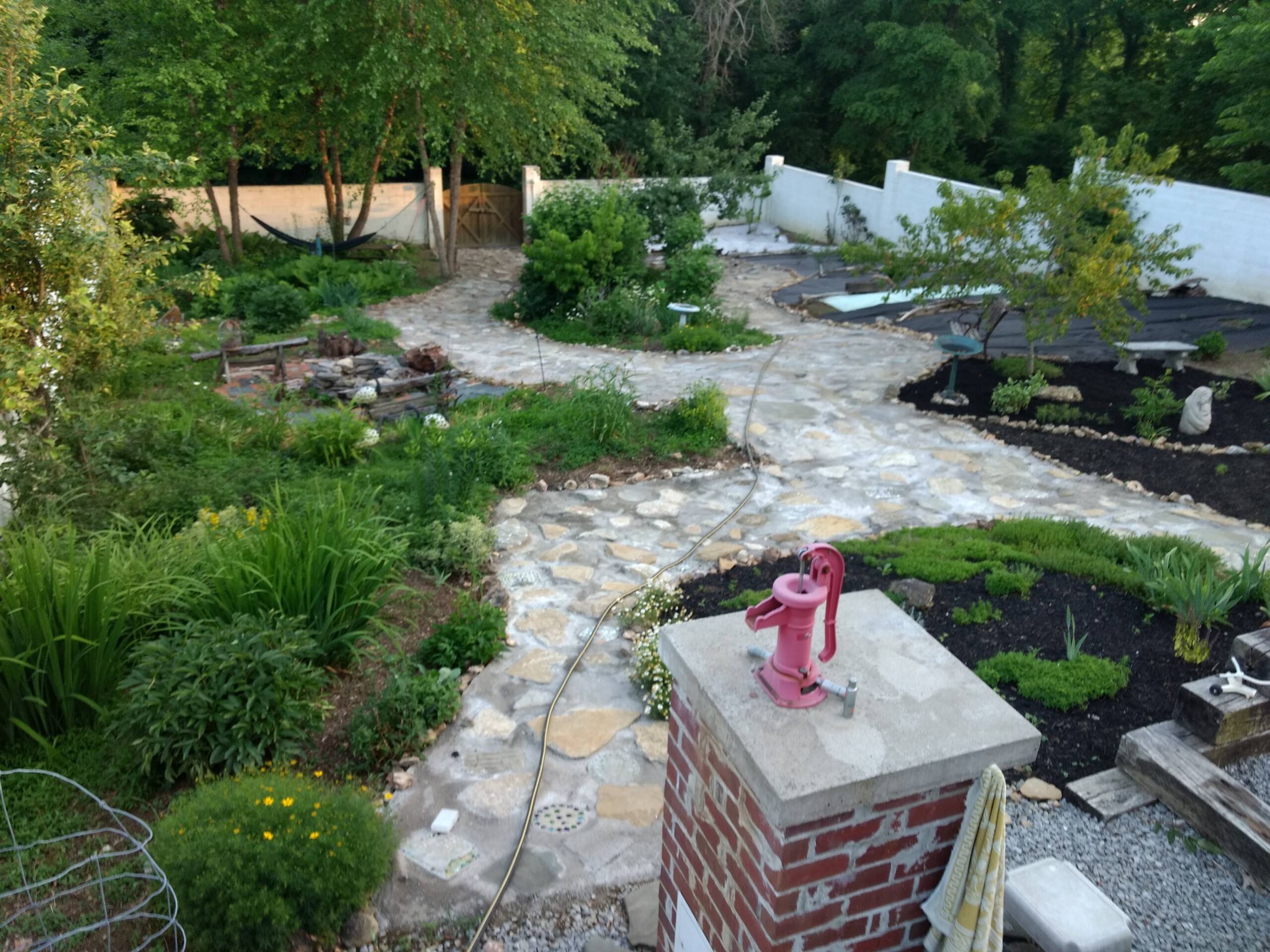
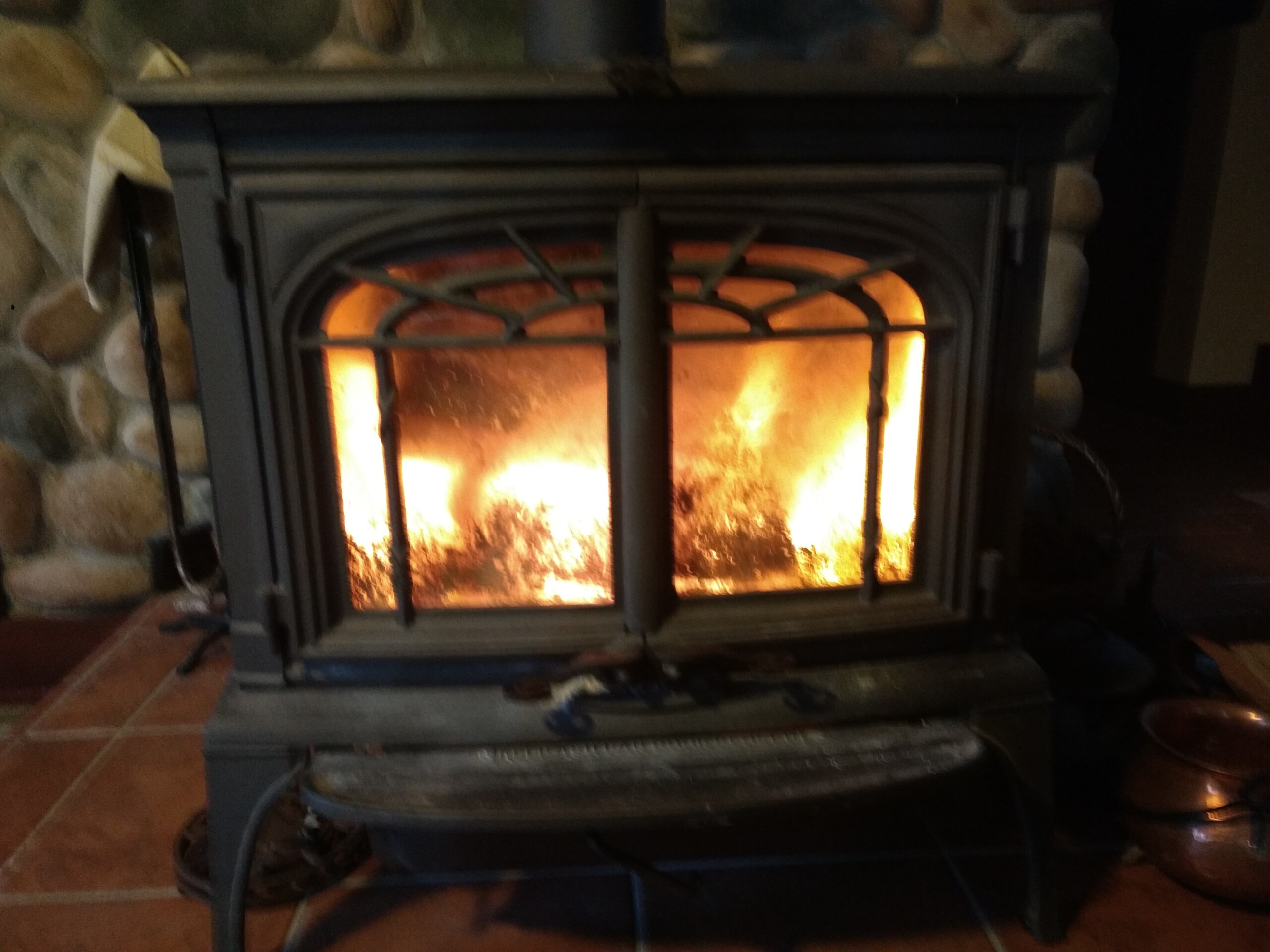
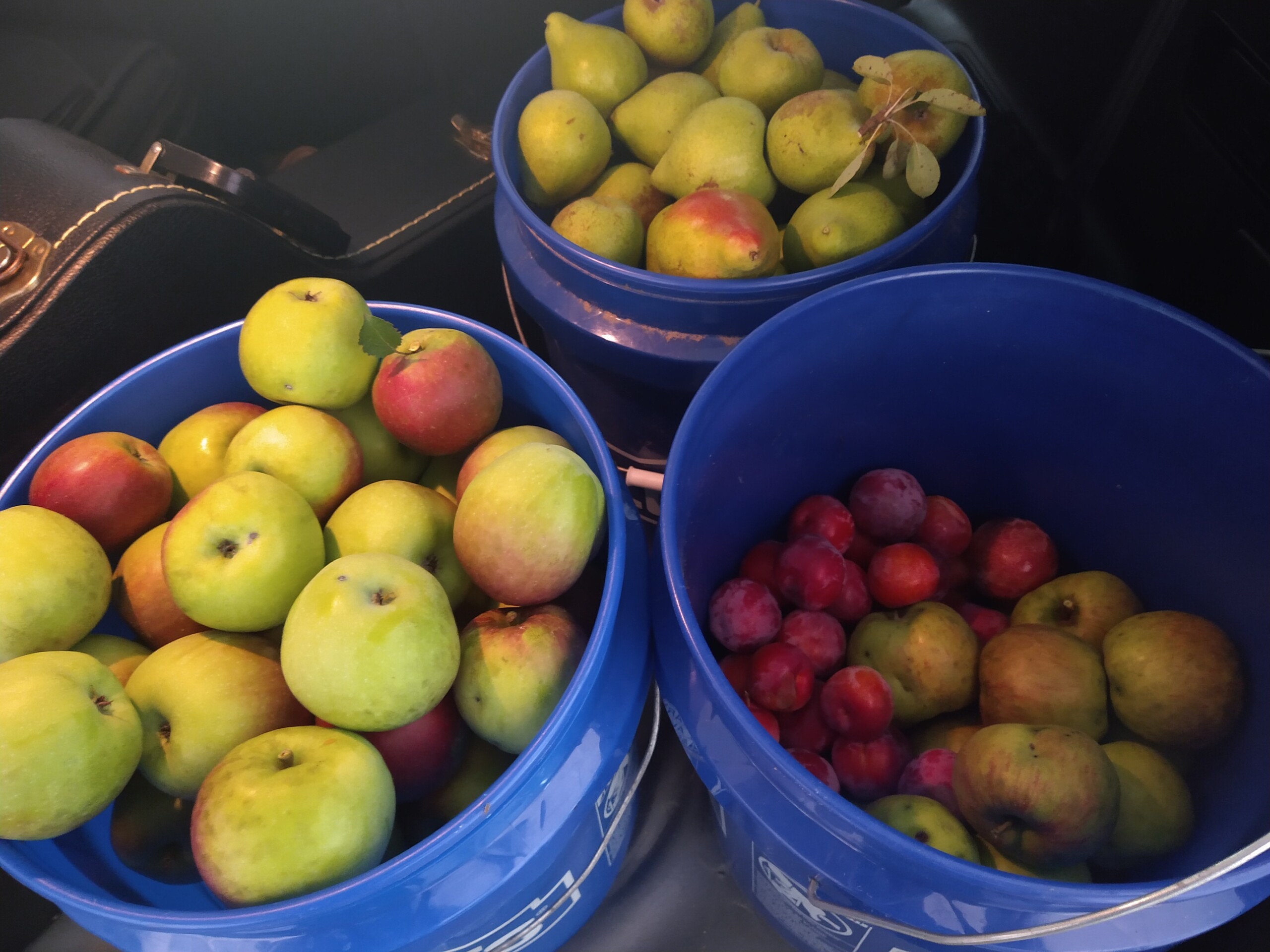
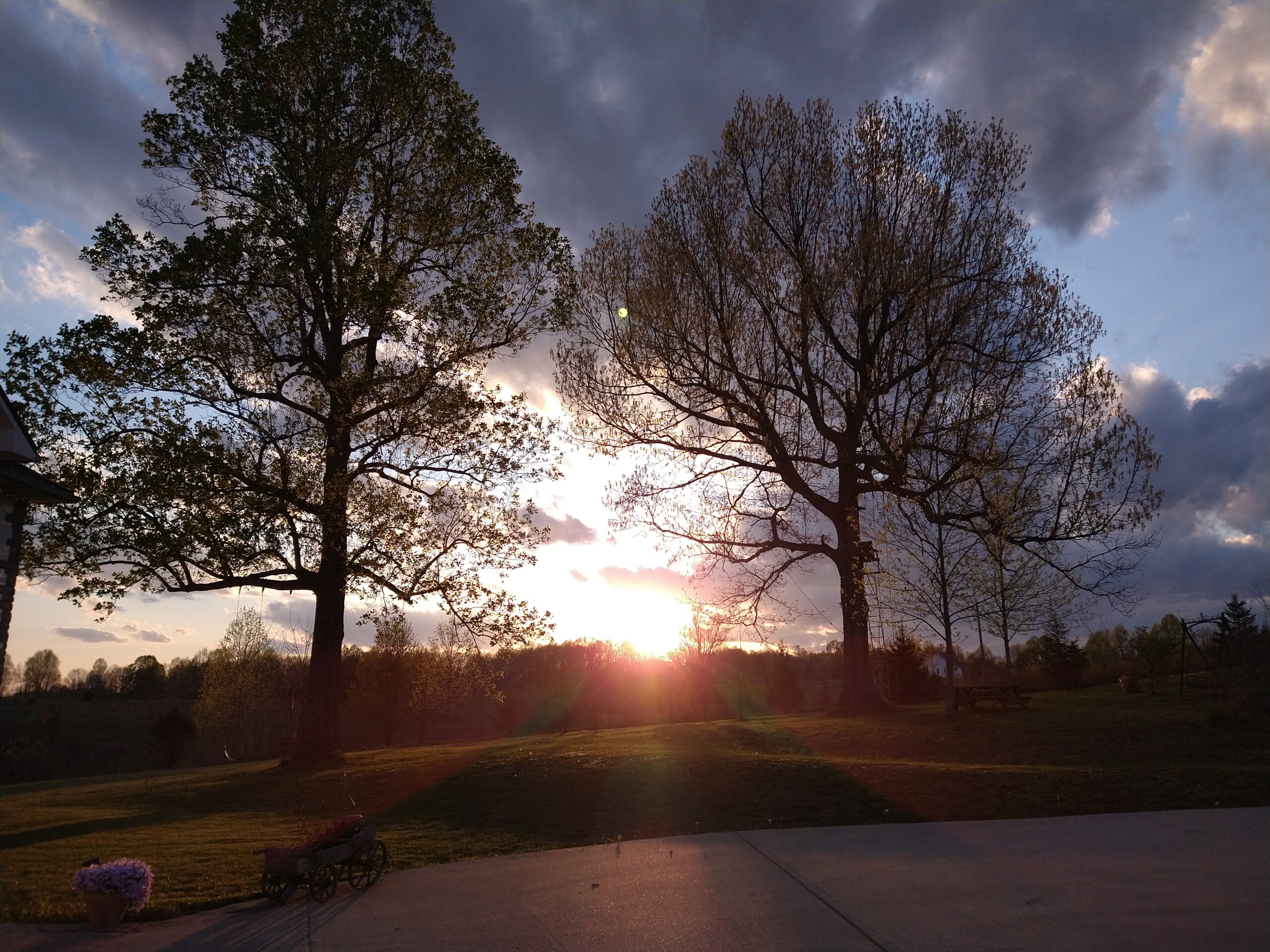
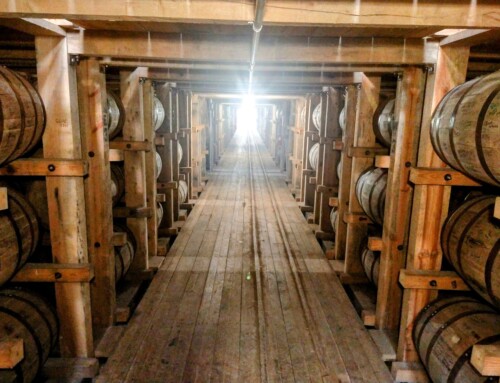
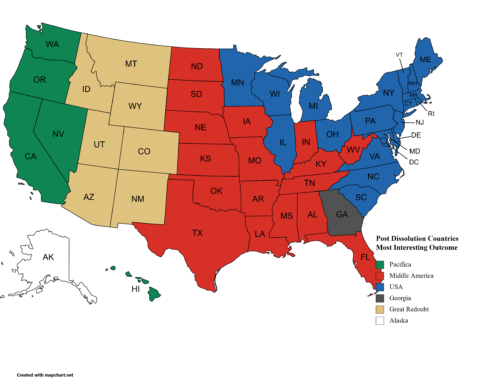
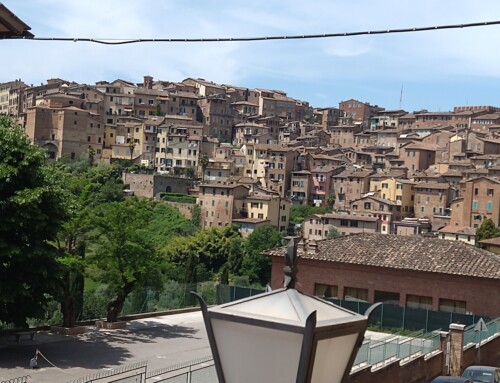
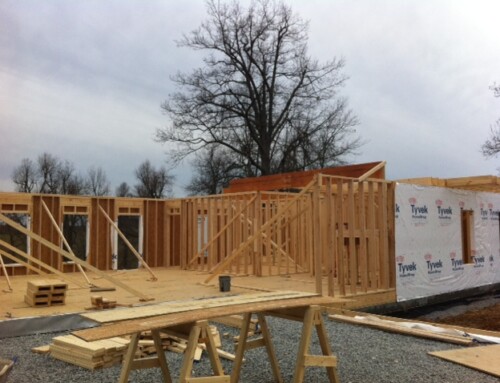
[…] From Tom Ruby, of Blue Grass Critical Thinking Solutions, an essay on how the Covid disruption and the climate emergency may affect decisions about where Americans […]
I hope you are right, Tom. I am a veteran of the last Back to the Land and intentional community movements in the ’70s. I left my “tribe” in Virginia to pursue education and career. Now I’ve had all the urban fast life I want. I’m tired of the disconnectedness and alienation in cities. I find myself wishing to get back to a slower life in better relationship with the Earth. I think it’s time to go exploring again. Thanks
Bob,
Thank you for your comment. Also thank you for helping to blaze a train for those who follow you. There is a measurable and discernible back-to-the-land resurgence today. It isn’t big enough to garner attention from elites, nor do its adherents care for attention.
Go explore!
Peace be with you.
tom
[…] From Tom Ruby, of Blue Grass Critical Thinking Solutions, an essay on how the Covid disruption and the climate emergency may affect decisions about where […]
Tom, this is essentially my wife and my plan. (We are 28, looking to buy a house in the next year or two). However, instead of seeking towns of like minded individuals we are trying to get all our family to settle in the same town. Both of our parents came to Chicago in the 80s for work so we grew up far from our cousins and grandparents. Now with our own young ones we have seen the advantage of having such close knit family around. The tricky thing is moving everyone from large Chicago suburb (no one wants to stay) to smaller town in diff state.
Anyways, I wonder if many millennials feel the same restlessness and are seeking the bonds of family through like minded community instead of actual family. Although I often think about the irony of moving somewhere else in order to put down roots. But I do really want to put down roots!
Thanks for the post and guidance you provide.
Jimmy B
Jimmy,
Please forgive me for not writing sooner. I have not looked at my comments in some time and have let that get away from me. While I have lots of reasons why, none of them are satisfactory for someone awaiting a response.
Yes, millenials are restless. Older family members tend to want to pick a spot and stay. I think the best way to do it is to take your time. Find a place that YOU and your wife are comfortable in for the long term and then let your family members come to love the place as much as you do. That is what we’ve done. My mother and Laura’s parents moved here. My sister and her family did and Laura’s oldest sister is moving here this year.All our kids will be within 4 hrs when the last one settles down and he intends to take over the farm from us in his future.
Please keep writing if you wish to talk. Write me at tom.ruby@bgcts.com. we can set up a call some time if you’d like.
Peace be with you, tom